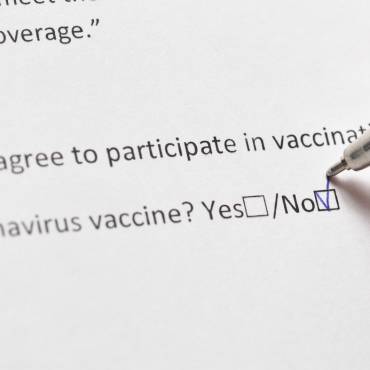The reason why this vaccine was developed (aside from money) is because children in third world countries without access to clean water and often the prey of baby milk companies who would stop mothers breastfeeding their infants, would develop gastroenteritis and die as a result.
This situation does not occur in developed countries where we have access to clean water, sterilization, and re-hydration sachets.
Bottle fed babies get gastroenteritis more frequently than breastfed ones but at least in first world countries their parents can be sure that the water they use to mix up a feed is clean.
Studies Showing Breast Milk Immunises Against Rotavirus
Human milk mucin inhibits rotavirus replication and prevents experimental gastroenteritis.
Acute gastrointestinal infections due to rotaviruses and other enteric pathogens are major causes of morbidity and mortality in infants and young children throughout the world. Breast-feeding can reduce the rate of serious gastroenteritis in infants; however, the degrees of protection offered against rotavirus infection vary in different populations. The mechanisms associated with milk-mediated protection against viral gastroenteritis have not been fully elucidated. We have isolated a macromolecular component of human milk that inhibits the replication of rotaviruses in tissue culture and prevents the development of gastroenteritis in an animal model system. Purification of the component indicates that the antiviral activity is associated with an acidic fraction (pI = 4.0-4.6), which is free of detectable immunoglobulins. Furthermore, high levels of antiviral activity are associated with an affinity-purified complex of human milk mucin. Deglycosylation of the mucin complex results in the loss of antiviral activity. Further purification indicated that rotavirus specifically binds to the milk mucin complex as well as to the 46-kD glycoprotein component of the complex. Binding to the 46-kD component was substantially reduced after chemical hydrolysis of sialic acid. We have documented that human milk mucin can bind to rotavirus and inhibit viral replication in vitro and in vivo. Variations in milk mucin glycoproteins may be associated with different levels of protection against infection with gastrointestinal pathogens.
Source: J Clin Invest. 1992 November; 90(5): 1984–1991, doi: 10.1172/JCI116078

